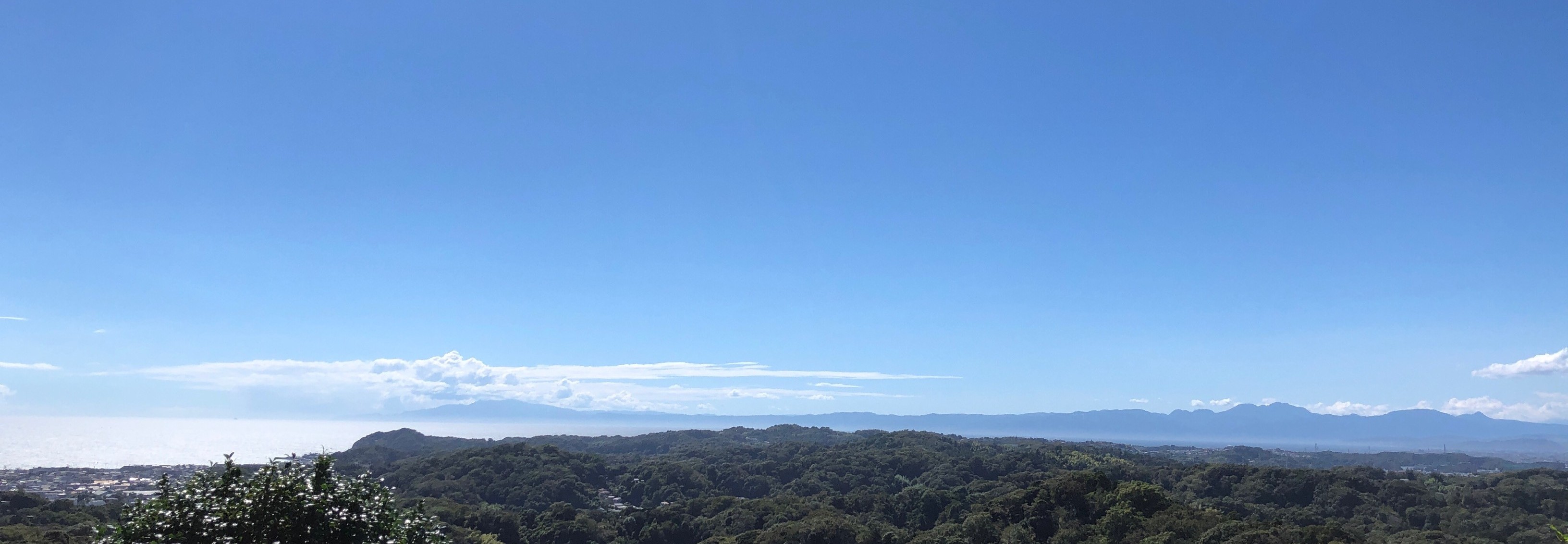 Envision safer and secure society through dependable ICT systems.
Envision safer and secure society through dependable ICT systems.
 Envision safer and secure society through dependable ICT systems.
Envision safer and secure society through dependable ICT systems.
Our society is increasingly relying on software systems, for example in business, economics, communication, utilities, and education.
Since those software systems are indispensable for our lives, continuous engineering efforts to improve system dependability are imperatively important.
Our research laboratory tackles this issue by leveraging stochastic models and analysis techniques.
We model various uncertainties causing system misbehaviors such as component failures, estimate the system dependability quantitatively,
and evaluate the effectiveness of the measures to improve the dependability with lower cost.
Research interests
| 2025/7/19 | New Zhengji Wang's paper "Exploiting the Availability-Continuity Trade-off in Imperfect Retraining of Machine Learning Systems" has been accepted for presentation at the 36th International Symposium on Software Reliability Engineering (ISSRE 2025). |
| 2025/6/26 | Our research paper entitled "SPADE: Simulator-assisted Performability Design for UAV-based monitoring systems" has been accepted for publication in Future Generation Computer Systems.[paper] |
| 2025/6/26 | Qiang Wen, Qingyang Zhang, and Tasfia Nuzhat presented their papers at DSN2025 and EnvSys2025 workshop. 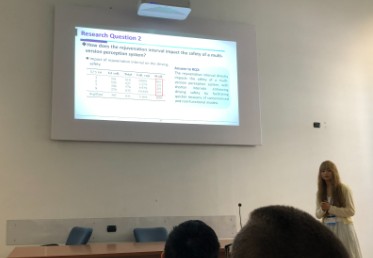
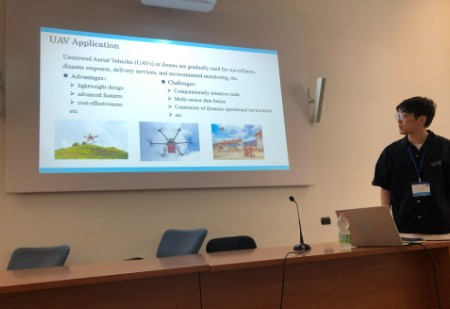
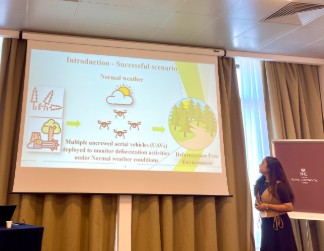
|
| 2025/6/23 | We have posted our recent survey report to arXiv "Dependability of UAV-Based Networks and Computing Systems: A Survey." [link]
|
| 2025/5/22 | Mohammad Dwipa Furqan presented a paper at ICFEC2025. [paper]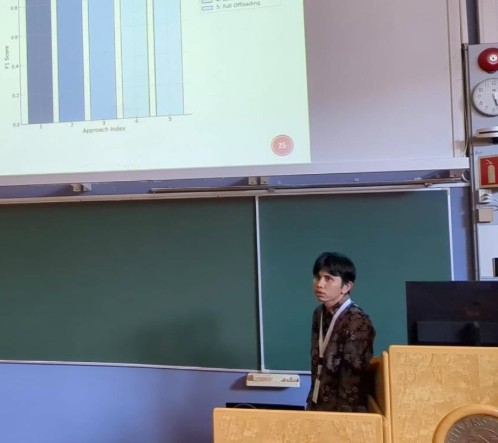
|
| 2025/5/7 | Tasfia Nutzhat's paper "Weather Impact Analysis for UAV-based Deforestation Monitoring Systems" has been accepted for presentation at the DSN Workshop on Environment-System Symbiosis (EnvSys 2025). |
| 2025/4/5 | Mohammad Shahin Uddin has joined our group as a master student. Shunsuke Nagao starts the master program. |
| Old topics
|
We are actively accepting students pursuing master or doctoral degrees of computer science, international research students (Kenkyu-sei), and visitors for collaborative research on system dependability.
Those who want to apply international research students, please also check the necessary procedure for application here.
Department of Computer Science, University of Tsukuba
Address: 1-1-1, Tennodai, Tsukuba, Ibaraki 305-8573
E-mail: machida at cs.tsukuba.ac.jp
Last update: 2025.7.30